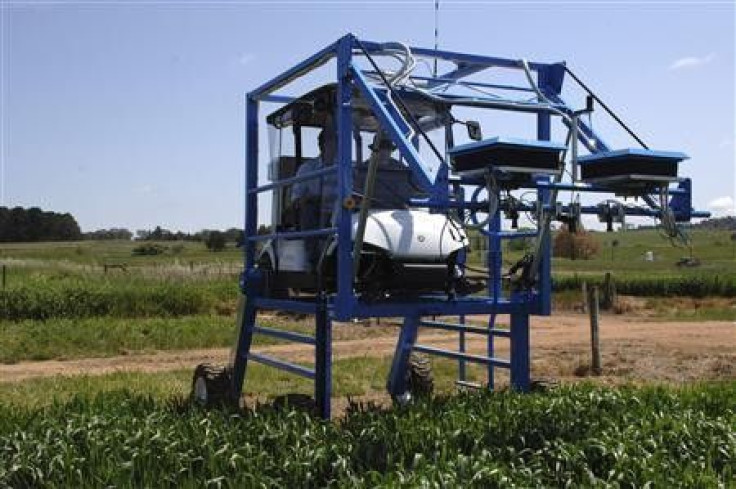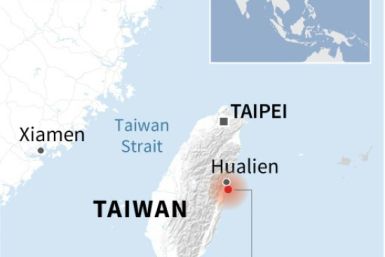Nobel Prize Contender Retrenched From CSIRO

Dr San Thang, a frontrunner for this year's Nobel Prize in chemistry, is no longer working as a senior principal research scientist for the Commonwealth Scientific and Industrial Research Organisation (CSIRO) in September.
Since June 2013, CSIRO streamlined and downsized its workforce as a result of the Federal government's budget cuts in May. hang's redundancy was part of this restructuring.
To reciprocate Thang's service for almost 30 years, the national science organisation has granted him honorary fellowship. He continues to supervise his PhD students in Victoria but plans to spend more time in China.
In an interview with Fairfax Media, Thang did not express disappointment with the CSIRO decision. He was even appreciative for the career he had been given.
The 60-year-old chemist is known for his contribution to the development of new plastics and polymers using the process called RAFT. This technology is widely used by multinational companies.
He and fellow chemists, Ezio Rizzardo, and Graeme Moad, were nominated for the Nobel Prize for having numerous citations for their work. The group has published more than 100 scientific research.
The trio was also presented the Australian Academy of Technological Sciences and Engineering Clunies Ross Award earlier this year. Recipients are honoured for outstanding application of science and technology for the socio-economic or environmental benefit to Australia.
In 1979, Thang ran away from Vietnam and stayed in a refugee camp for months before coming to Australia. It took 20 years before he reunited with his family. He completed Bachelor of Science in organic chemistry in 1983 and his PhD in organic/polymer chemistry in 1987 at the University of Griffith, Brisbane. He joined CSIRO, Division of Applied Organic Chemistry in April 1986 as a research fellow. He was co-inventor of the RAFT Process in 1995. Later, he became a senior researcher at the CSIRO Molecular and Health Technologies. His work focuses on the interface between organic and polymer chemistry.
The CSIRO Staff Association is expecting 878 positions to be cut by June 2015 as a consequence of the organisation's restructuring and the government's budget cuts totalling $115 million over four years. In 2013, 513 staff were cut from the workforce.
A spokesperson for CSIRO told Mashable, "The stark reality is that one in five CSIRO staff are set to lose their jobs over a two year period. It's the largest reduction in staffing in the organisation's history. Many talented, dedicated and passionate researchers and support staff are leaving to pursue their careers elsewhere. The staff that remain face an uncertain future."






